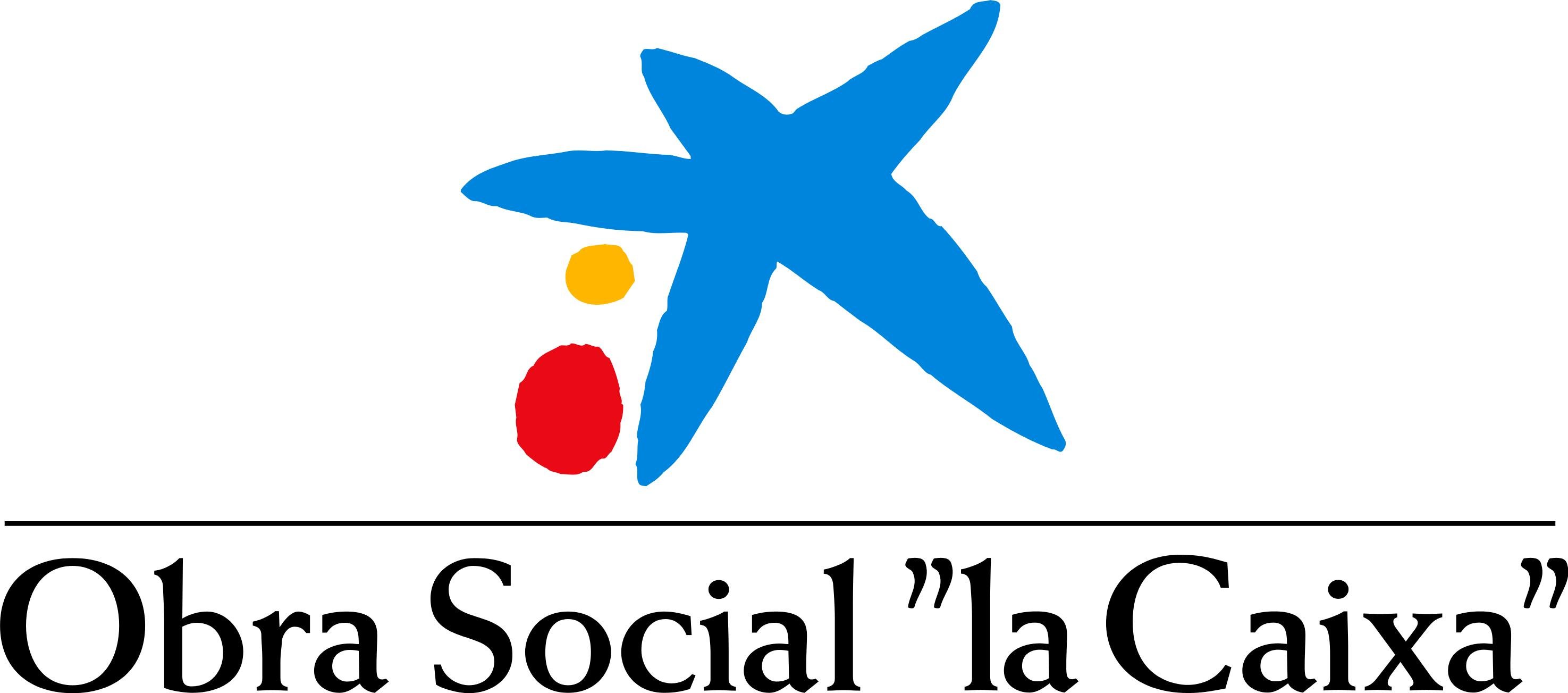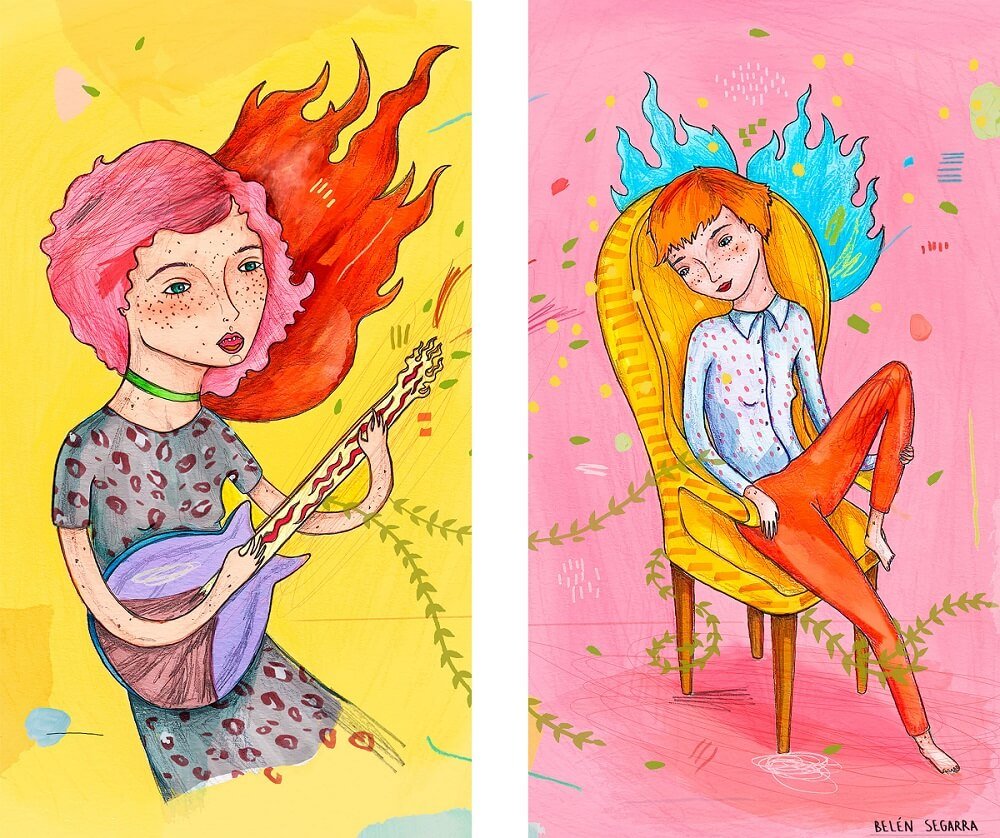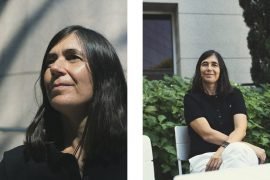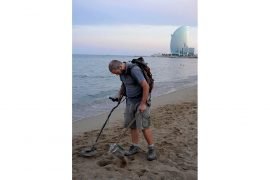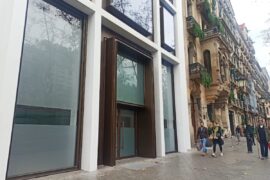Rochsane closes the door of the room where she has just finished a music therapy session and heads towards #208. There, lying in bed but with her best smile, Susanna Quincoces awaits. Each one with an instrument, they play randomly. And what may seem at first disordered musical notes, ends up becoming a melody that catalyses emotions. Serenity, sometimes. Melancholy, in other occasions. Joy, sadness…, and so on until the meeting ends. Together they manage to “facilitate emotional expression using non-verbal communication”, explains Olivia Giménez, a social worker in this unit.
Music therapy is not the only activity that Susanna performs when pain forces her to stay at the hospital. She also has reiki sessions that help her relax. “These spaces make you feel more like a person, rather than a patient, it’s like putting a parenthesis in the disease“, summarizes Olivia, at the foot of the bed, accompanying her. Only in few places the verb “to accompany” acquires such a deep meaning. Because the patient’s accompaniment at a medical, social, psychological and spiritual level is the cornerstone of this unit, which is part of the Comprehensive Care for People with Advanced Diseases of the Obra Social “la Caixa”.
Meanwhile, Susanna narrates with a firm voice her fight against cancer and different metastases in the last six years. Now, being 50 years old and with a daughter of 18, she claims to have more tools to face her day to day thanks to the team of Sant Camil Hospital. She explains that hers is “an experience of growth”. “I will do whatever it takes to continue living”, she adds. “She is a fighter, who has turned the disease into a challenge”, says Olivia.
“Beautiful”. It is the adjective that Susanna pronounces more often when explaining the work of the team that attends her. Their words and care, their attitude when waking her and their constant accompaniment are beautiful. In front of the unit is Helena Camell, head of the Internal Medicine and Palliative Care Service of the hospital. “It’s about helping to die with the feeling that you have lived”, she says. “The goal is to humanize palliative care.”
She leads this multidisciplinary team, made up of doctors, nurses, psychologists and social workers, which allows comprehensive care to the patient, as well as their families. Professionals from different disciplines, each one with his/her different functions and routines. One would say that they are like the isolated notes played by Susanna and Rochsane in their music therapy sessions. Apparently unconnected notes that form a melody. A placid melody that, if listened carefully, is a song to life when death approaches.
Text: Neus Contreras
Illustration: Belén Segarra
You can read more stories like this on ALMA, the social social media, a digital space devoted to the social field, which brings a new look at the present and the future of society, from an optimistic and diverse point of view, and from all the initiatives that “la Caixa” Foundation promote.

